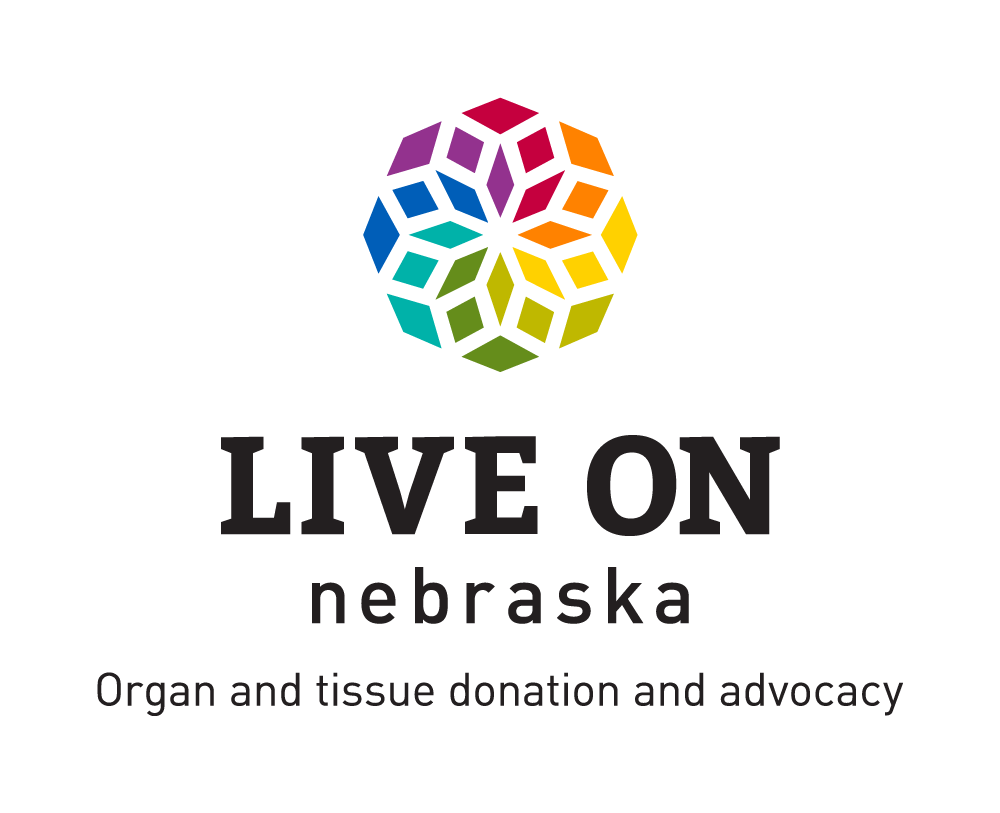On December 21, senior Seth Feyerherm was heading home from taking his last final when he was in a tragic car accident. After graduating at semester, he planned to attend Metro Community College to continue his education in welding. Following the collision, he spent many days fighting for his life at Bergan Mercy Hospital, but, on December 27, he was declared deceased. Being an organ donor, Seth was set to go to surgery for his organ donation on December 31, at 8 a.m. By donating his tissue and organs, he saved many lives.
Often after the loss of a life, an interest in organ donation is sparked for many people. Losing a loved one is an incredibly painful experience, however, in the midst of grief, the act of organ donation can be a positive for many people in the community in need.
“I think this event has definitely made more people aware of organ donation,” junior Ellie Melton said. “I think it has made everyone realize just how much of an impact one person can have on others in need because of how many lives can be saved from one person’s healthy body.”
Seth’s decision to give the gift of life to others in need not only transforms tragedy into something positive but also begins to spark conversations about the impacts of organ donation. Kara Cordell, the PR and Marketing manager for Live on Nebraska, which helps with organ and tissue donation, said that tragic accidents often raise awareness.
“I know that these circumstances are never ideal, and cause a lot of harm to many families, but I think it should make families feel good that their loved one is given back to others,” Cordell said. “I just think that organ donation makes such a big difference in people’s lives that it’s incredible to be able to see that.”
Witnessing the positive impact of organ donation can give closure to the family and friends. Organ donation has a ripple effect that aids grieving families but also encourages others to consider the impact they can make through the selfless act of donating.
“Yes, I think many people who were either affected by Seth’s death, or even just heard about it, will want to become donors,” Melton said. “Knowing that you could save so many people’s lives is so impactful. Also, to be able to prevent the pain of losing someone for someone else is such an amazing opportunity. I know it is why I want to be a donor.”
There are many misconceptions about organ donation that are simply not true. Many people have the preconceived idea that there is a specific age in which a person can be considered “too old” to donate their organs. However, the only requirement is a person must be 16 years of age or older. Other factors such as health and lifestyle do not limit one’s ability to register or donate.
“We have had an 89-year-old donate his perfectly healthy organs,” Cordell said. “Age really doesn’t change how healthy your organs can be, and if you want to donate we will happily allow you to.”
Even after his passing, Seth continues to make a lifelong impact on people and offers others a second chance at life.










